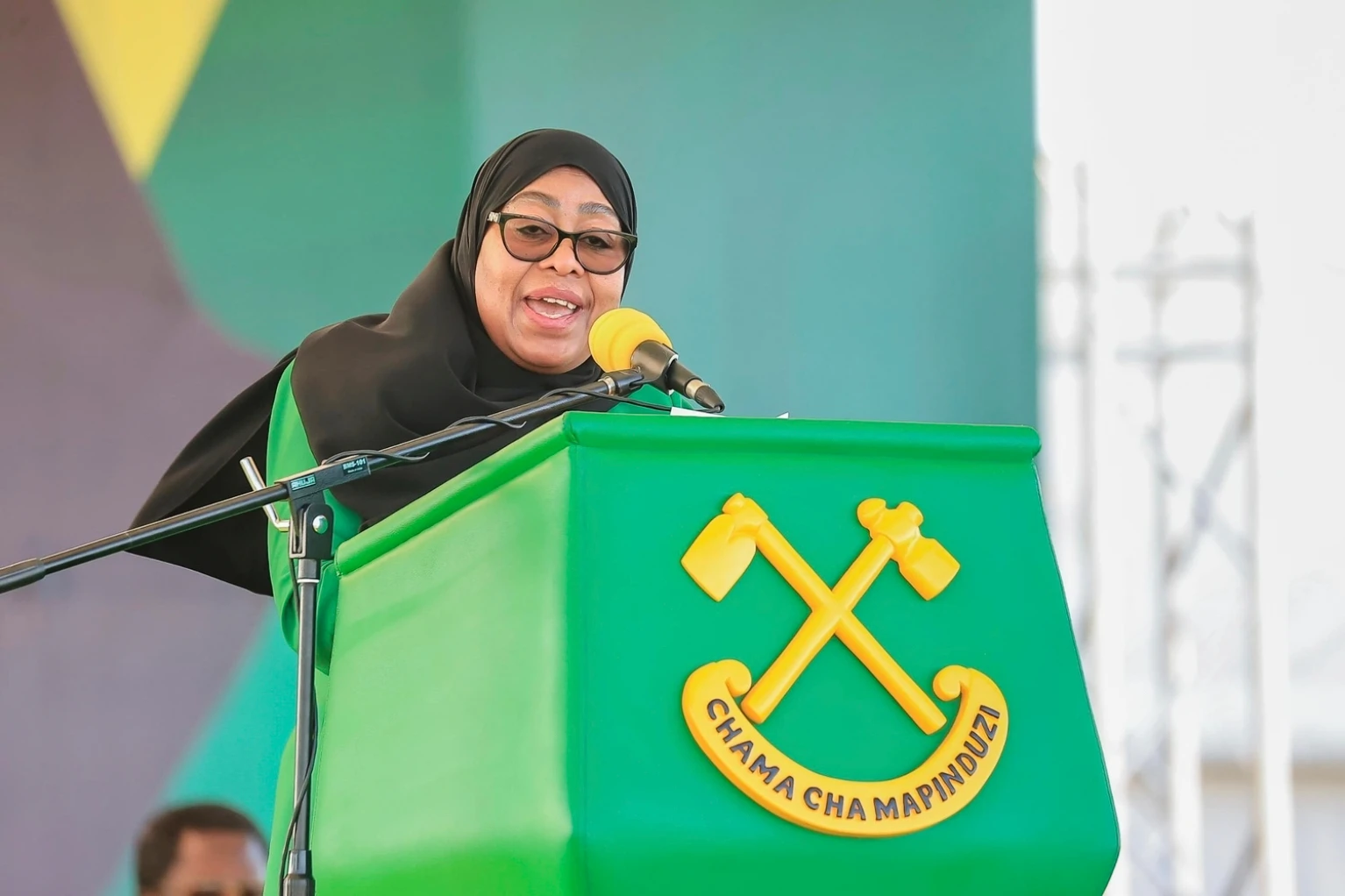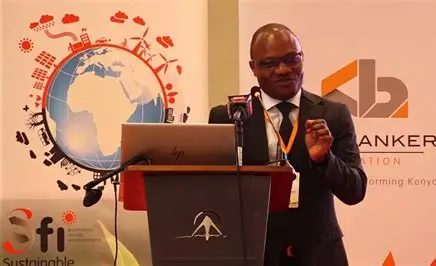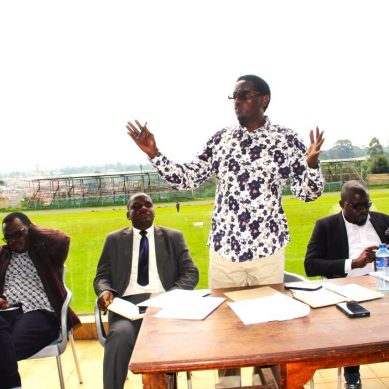
Last September, following the opening of a probe into Russian atrocities in Ukraine, the International Criminal Court (ICC) suffered a debilitating cyberattack that left staff unable to work for weeks. It also hired an intern who was later criminally charged in the US with being a Russian spy.
Israel has also been waging its own influence campaign ever since the ICC recognised Palestine as a member and in 2015 opened a preliminary investigation into what the court referred to as “the situation in the State of Palestine.”
London’s The Guardian newspaper and several Israeli news outlets reported this summer that Israel’s intelligence agencies for the past decade have allegedly targeted senior ICC staff, including putting Khan’s predecessor under surveillance and showing up at her house with envelopes stuffed with cash to discredit her.
Israeli Prime Minister Benjamin Netanyahu himself, in the days leading up to ICC Chief Prosecutor Karim Khan’s announcement of war crimes charges, called on the world’s democracies “to use all the means at their disposal” to block the court from what he called an “outrage of historic proportions.”
The Israeli foreign ministry referred AP’s inquiries about the case to the Prime Minister’s office, which did not respond. The US State Department declined to discuss the matter but said in a statement that it “takes any allegation of sexual harassment seriously, and we would expect the court to do the same.”
The Dutch foreign ministry and several lawmakers in the Netherlands have called for an investigation into whether the Israeli embassy has been conducting covert activities against the ICC.
Who is Khan?
Khan, a British international lawyer, had a long history defending some of the world’s most ruthless strongmen – including former Liberian President Charles Taylor and the son of the late Libyan dictator Moammar Gadhafi – before being elected in 2021 in a secret ballot to become chief prosecutor.
The Rome Statute that established the court took effect in 2002, with a mandate to prosecute war crimes, crimes against humanity and genocide, but only when domestic courts fail to initiate their own investigations. Neither the US, Israel nor Russia are among the 124 member nations recognising the court’s authority, although their citizens can be charged with crimes committed in countries that are ICC members.
Still, Washington welcomed Khan’s election, especially after he moved to “deprioritise” an investigation opened by his predecessor into abuses by US military personnel in Afghanistan.
Karim Khan also broadened the court’s focus, bringing criminal charges for the first time against individuals outside Africa. He charged Russian President Vladimir Putin for kidnapping children in Ukraine and opened an investigation into Venezuelan President Nicolás Maduro for his crackdown on protesters.
“He is by far the most professional jurist the court has had in its short history,” said Kenneth Roth, former executive director of Human Rights Watch. “He’s articulate, sophisticated with the media and has extensive courtroom experience working with the highest standards of evidence.”
But Khan’s reputation with the US came crashing down when he announced he was seeking the arrest of Netanyahu and Israel’s defense minister for war crimes including starvation of civilians.
To insulate himself from attacks that he held an anti-Israel bias, Khan, a practising Muslim whose father migrated to the UK from Pakistan, shared the evidence with a panel of experts including British human rights lawyer Amal Clooney, wife of actor George Clooney.
Although the 900-employee ICC has long had a “zero-tolerance” policy on sexual harassment, an outside review of the court’s inner-workings in 2020 found an unacceptable level of predatory behavior by male bosses, a lack of women in senior positions, and inadequate mechanisms for dealing with complaints and protecting whistleblowers.
“There is a general reluctance, if not extreme fear, among many staff to report any alleged act of misconduct or misbehaviour” by a senior official, the review concluded. “The perception is that they are all immune.”
Although the ICC’s policies have been updated since the report, there’s no explicit ban on romantic relationships like there is in many American workplaces. And while elected officials such as Khan are expected to show “high moral character,” there’s no definition of “serious misconduct” that would warrant removal.
“International organisations like the ICC are some of the last places where men in positions of power treat the organisation like their playgrounds,” said Sarah Martin, a gender equality expert who has consulted for several United Nations agencies. “There are so many complaints that don’t even get investigated because there’s a perception that senior officials protect each other.”
People close to Khan’s accuser say investigators from the court’s watchdog — known as the Independent Oversight Mechanism — showed up for an interview on a Sunday and asked for intimate details about her relationship with Khan as her child listened. Without any emotional support and wary of the process, she decided not to file a complaint at that moment.
In the weeks since, she’s decided to go up the chain of command, reaching out to the Assembly of States Parties to the Rome Statute, which oversees the court and has the ultimate say about Khan’s future.
Paivi Kaukoranta, a Finnish diplomat currently serving as president of that body, did not comment specifically when asked if it had initiated a new investigation.
But in a statement she asked people to respect the integrity and confidentiality of the process, “including any further possible steps as necessary.
- An AP report








